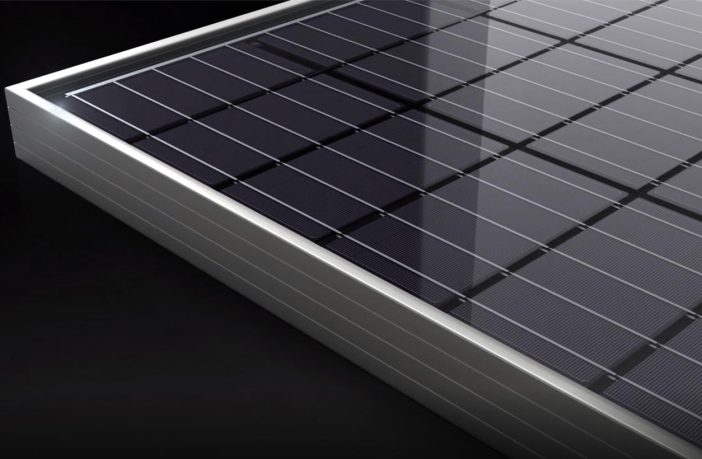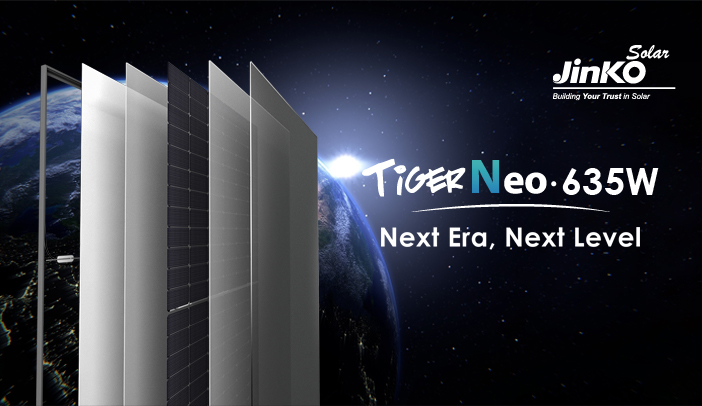- According to the results of PVEL’s DH2000 test on hundred of modules from various brands, average degradation was 1.2%-1.7% across different technologies (PERC, TOPCon, HJT, CdTe), while the result of JinkoSolar’s N-type TOPCon bifacial modules (JKM555N-72HL4-BDV) was 0.55%, the lowest among all.
PVEL’s Damp Heat (DH) test simulates long-term degradation and failure modes that are typical in high temperatures and high humidity conditions where moisture and heat can weaken the materials binding the PV module together. When the adhesiveness of these materials weakens due to low-quality components and/or substandard lamination processes, moisture can enter the laminate and corrode internal materials. The result is potential performance loss and safety issues.
DH2000 is the reliability test subjecting modules to a constant 85°C and 85% relative humidity in an environmental chamber for two periods of 2000hours . This test is -two times the duration required for IEC certification in order to identify additional module failure modes where the combination of high heat and intense moisture stresses the PV module layers.
Environments with high temperatures can lead to a destabilization of PV cell boron-oxygen (BO) complexes. This leads to power loss in boron-doped PERC cells, but is less of a concern for non-boron-doped cells, such as N-type TOPCon.
About PVEL
As the world’s leading independent laboratory, PVEL tests solar modules from leading solar manufacturers as part of its Product Qualification Program (PQP), and publishes the PV Module Reliability Scorecard based on these test results.
PVEL has rigorously reviewed the modules produced in the factory in the past 18 months, and conducted the test to determine the performance of the modules. PQP covers multiple test contents such as thermal cycle, damp heat, dynamic mechanical load, PID and PAN file.
Author: Bryan Groenendaal
















